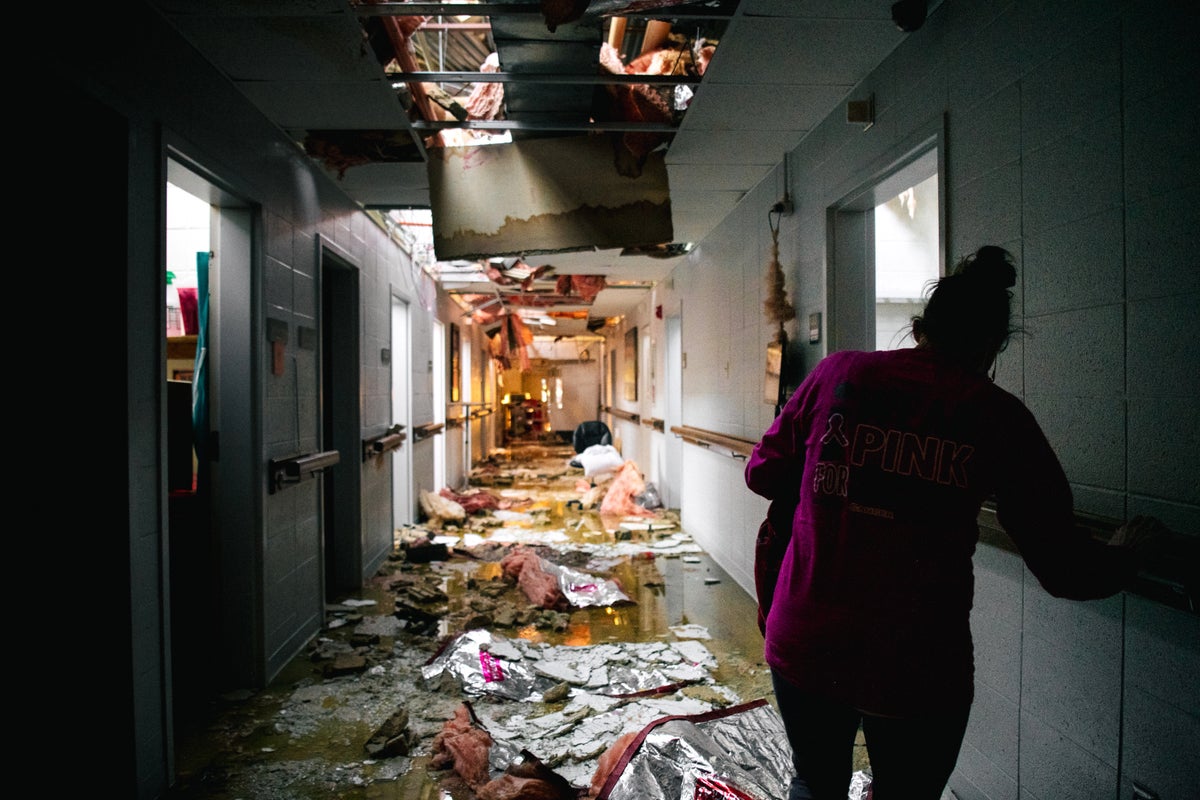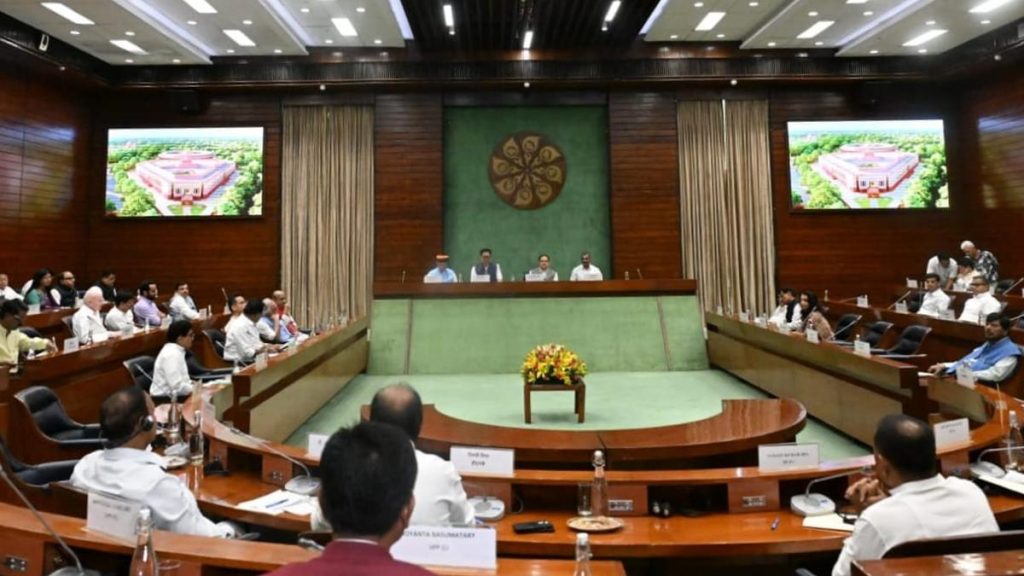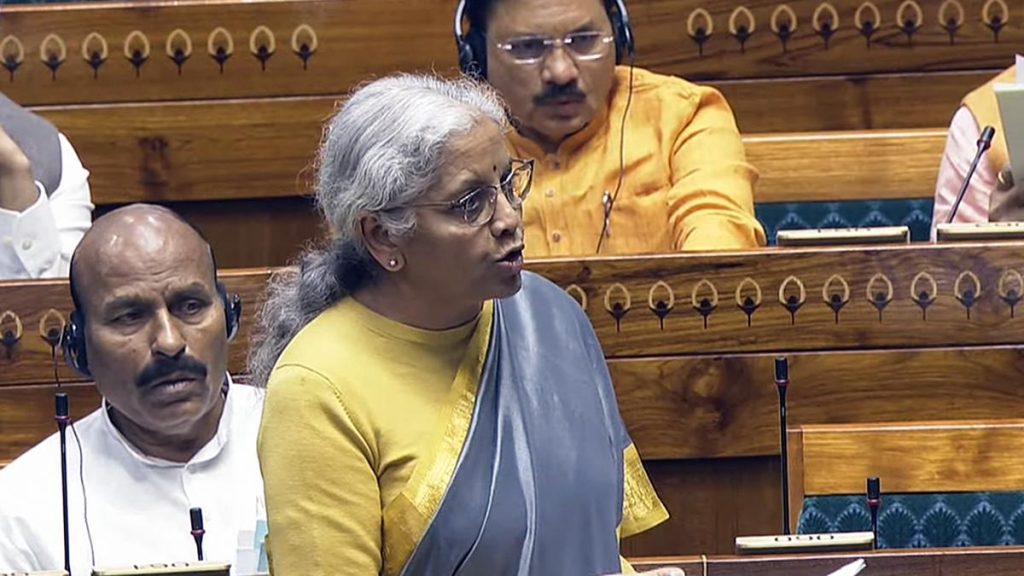Now Reading: Trump Plans to Reduce Hospital Disaster Preparedness Program
-
01
Trump Plans to Reduce Hospital Disaster Preparedness Program
Trump Plans to Reduce Hospital Disaster Preparedness Program

Swift Summary
- Proposed Cut: The Trump management has proposed eliminating the $240 million budget for the Hospital Preparedness Program (HPP), claiming it is indeed “wasteful and unfocused.”
- Program Role: HPP funds disaster preparedness for hospitals and healthcare systems, aiding coordination in mass-casualty events like wildfires, tornadoes, hurricanes, pandemics, and terrorist attacks.
- Impact Examples:
– During Northeast Arkansas tornadoes in 2021, an Ambubus funded by HPP evacuated over 100 nursing home residents amid overwhelmed emergency responders.
– HPP-funded coalitions have provided specialty shelters during North Carolina hurricanes for patients requiring dialysis or ventilators.
– Florida hospitals utilized HPP training last fall to evacuate over 300 health care facilities ahead of Hurricane Michael.
- Expert concerns:
– Federal health coordinators warn that cutting the program will hinder disaster response networks’ ability to proactively manage crises.
– health care professionals across states emphasize its role in facilitating coordinated responses among various agencies.
Indian Opinion Analysis
The proposal to eliminate funding for the Hospital Preparedness Program could have critically important implications for public disaster management infrastructure. The examples cited underline how vital this federal program has been during emergencies requiring coordinated action across hospitals and emergency responders. Without centralized funding under programs like HPP, states might face challenges scaling resources quickly or maintaining consistency in preparedness training.
From India’s perspective-wich frequently tackles natural disasters such as floods and cyclones-this issue illustrates the value of robust national coordination mechanisms. The decentralization argument presented by the Trump administration raises questions about efficiency versus localized control that resonate globally.For India’s own policies on disaster readiness involving healthcare services, striking a balance between central oversight and regional autonomy remains relevant as it navigates similar initiatives.
























